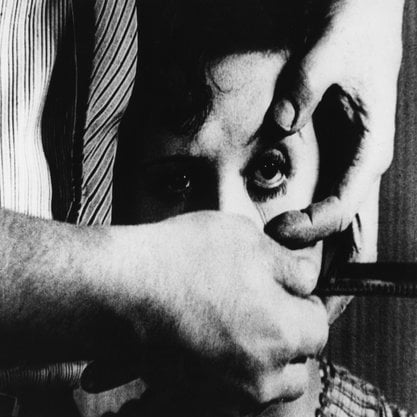Article
Auteur Theory, The By Hartzheim, Bryan Hikari
Article
The auteur theory is a way of critically analyzing a film or corpus of films through viewing its director as the film’s author and principal creative influence. First articulated in post-war France by film magazine Cahiers du cinéma, it viewed the director as the primary individual responsible for creating a valuable film. Auteurs, in the view of the Cahiers writers, could influence multiple aspects of the filmmaking process through the force of their personalities. The theory was expanded upon by British film critics at Movie magazine, as well as by the American film critic Andrew Sarris, who first used the term “auteur theory” to describe a system of categorizing the films of great authors versus the films of craftsmen or scenarists. The auteur theory was further developed by structural film criticism and feminist film theory, but was challenged in several ways, particularly by a new wave of post-structural film critics at Cahiers du cinéma. Though it has met with much controversy since its initial formulation, it reverberates to the present day as a method of analyzing films and their value through their directors.

